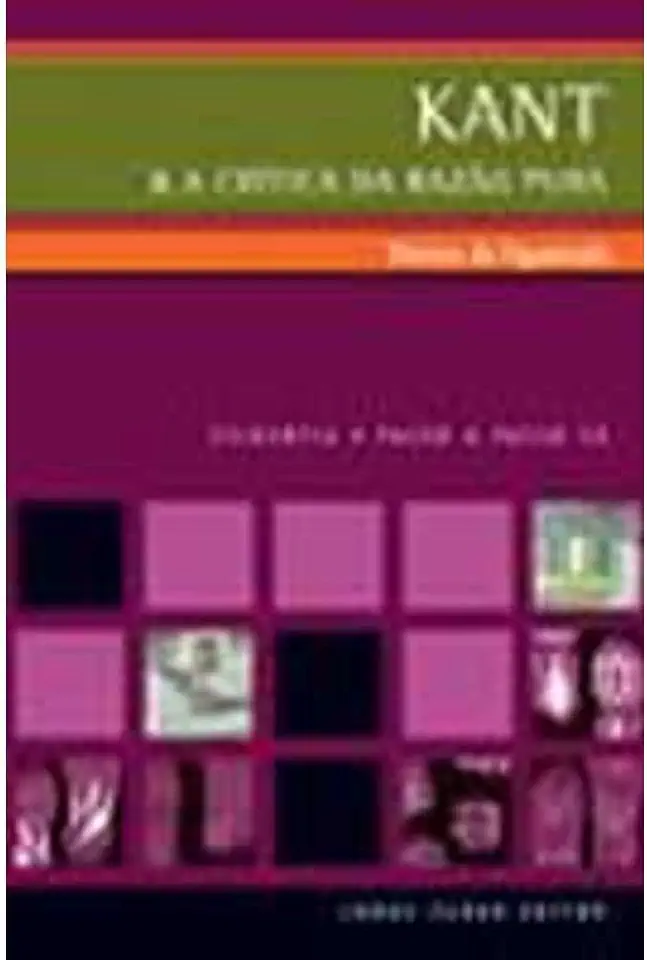
Kant and the Critique of Pure Reason - Vinicius de Figueiredo
Kant and the Critique of Pure Reason
A Landmark in Philosophical Thought
Immanuel Kant's Critique of Pure Reason is a seminal work in the history of philosophy, marking a turning point in our understanding of knowledge, reality, and the limits of human reason. Published in 1781, this profound and influential treatise has shaped philosophical discourse for centuries and continues to be a cornerstone of philosophical inquiry.
Exploring the Foundations of Knowledge
Kant's Critique of Pure Reason delves into the very foundations of human knowledge, questioning the nature of our understanding and the limits of our cognitive faculties. He argues that our knowledge is not simply a passive reception of sense impressions but rather an active process of organizing and interpreting these impressions through the structures of our own minds.
The Transcendental Aesthetic
In the Transcendental Aesthetic, Kant examines the a priori forms of intuition, space, and time. He argues that these forms are not derived from experience but are necessary conditions for experience itself. Space and time are not objective realities but rather subjective frameworks through which we perceive and organize the world around us.
The Transcendental Analytic
In the Transcendental Analytic, Kant turns his attention to the categories of understanding, the concepts we use to make sense of our experience. He argues that these categories are not simply abstract ideas but rather necessary conditions for thought itself. They are the tools we use to organize and interpret the data of our senses.
The Transcendental Dialectic
In the Transcendental Dialectic, Kant examines the limits of human reason and the dangers of overstepping these limits. He argues that when we attempt to apply our categories of understanding to things that are beyond our experience, we fall into error and illusion. We must recognize the limits of our knowledge and avoid the temptation to speculate about things that are beyond our reach.
The Significance of Kant's Critique
Kant's Critique of Pure Reason has had a profound impact on philosophy, influencing subsequent thinkers from Hegel to Heidegger. It has challenged our assumptions about knowledge, reality, and the nature of human experience. It has also raised important questions about the limits of human reason and the role of faith and belief in our understanding of the world.
A Must-Read for Philosophers and Intellectuals
Kant's Critique of Pure Reason is a challenging and rewarding work that demands careful study and reflection. It is a must-read for philosophers, intellectuals, and anyone interested in the foundations of human knowledge and the nature of reality.
Conclusion
Kant's Critique of Pure Reason is a philosophical masterpiece that continues to inspire and challenge readers to this day. Its insights into the nature of knowledge, reality, and the limits of human reason have shaped the course of philosophical thought and continue to resonate with readers seeking a deeper understanding of the world around them.